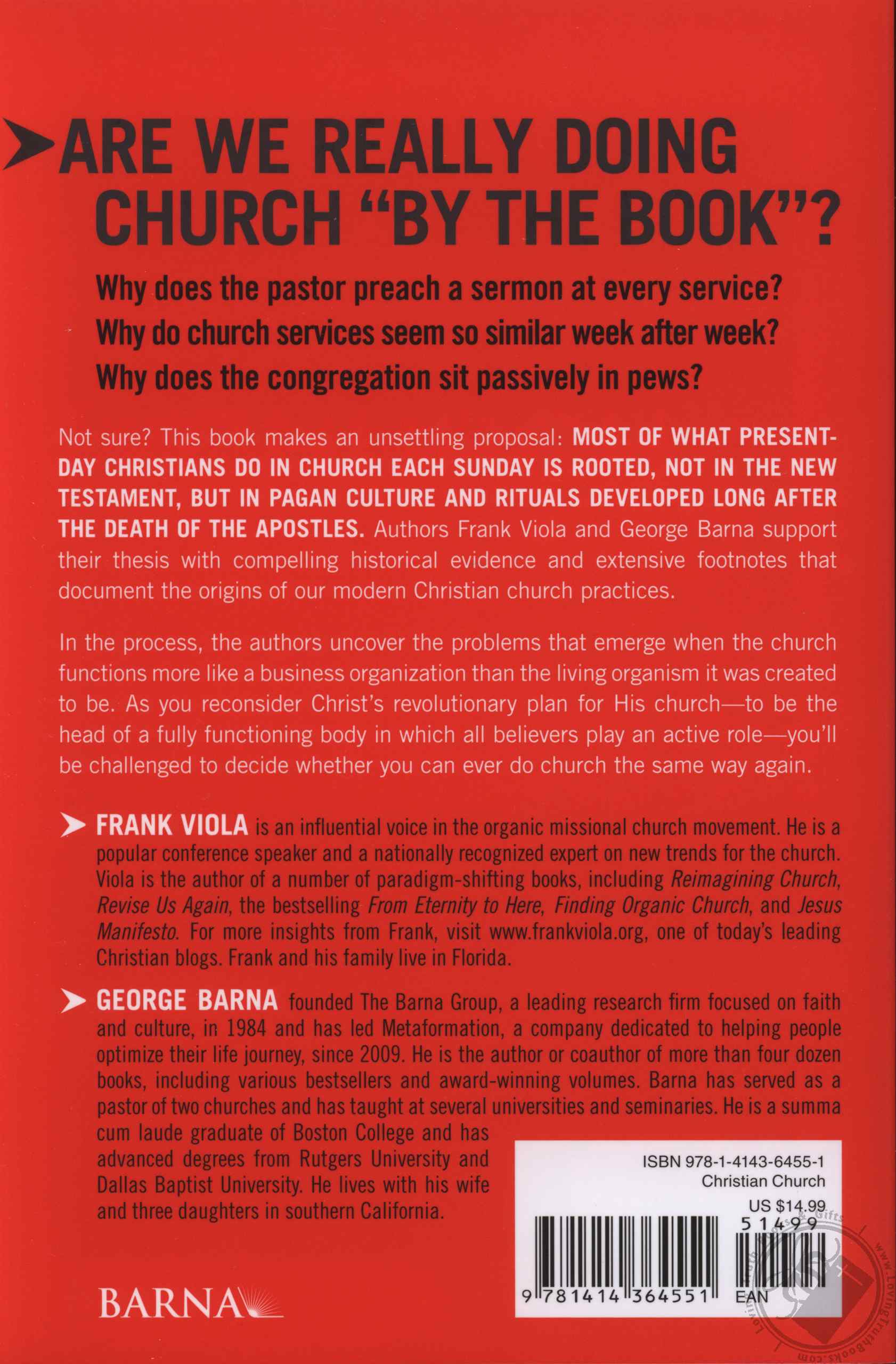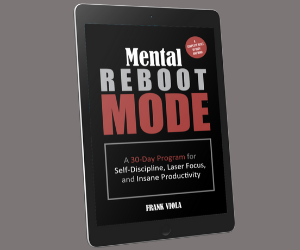



Now that we have that cleared up, that’s NOT the point of this article.Įarlier this year, I had a conversation with a friend who has been heavily influenced by the teachings of several high-level entrepreneurs. So “pagan” is a synonym for people who do not follow Jesus. At its root, a pagan is a country dweller, an inhabitant of the pagus or the heath (the rural district).īecause Christianity primarily spread in the cities, the country bumpkins, i.e., the pagans or heathens, were regarded as those who believed in the old gods. The term pagan was used by the early Christian apologists to group non-Christians into a convenient package. Quick history lesson on the word “pagan” since I’m using it in the article title.

Two other significant periods from which many of our current church practices originate were the Reformation era (sixteenth century) and the Revivalist era (eighteenth and nineteenth centuries).Welcome to another Thursday UNFILTERED blog post, the only blog that isn’t ashamed to spend Friday nights at home. Paganism dominated the Roman Empire until the fourth century, and many of its elements were absorbed by Christians in the first half of the first millennium, particularly during the Constantinian and early post-Constantinian eras (324 to 600). Bradshaw, fourth-century Christianity “absorbed and Christianized pagan religious ideas and practices, seeing itself as the fulfillment to which earlier religions had dimly pointed.” While today we often use the word pagan to describe those who claim no religion whatsoever, to the early Christians, pagans were those polytheists who followed the gods of the Roman Empire. (Legend tells us the last surviving apostle, John, died around AD 100.) According to Paul F. Strikingly, much of what we do for “church” was lifted directly out of pagan culture in the postapostolic period. As you reconsider Christ's revolutionary plan for his church-to be the head of a fully functioning body in which all believers play an active role-you'll be challenged to decide whether you can ever do church the same way again. In the process, the authors uncover the problems that emerge when the church functions more like a business organization than the living organism it was created to be. Coauthors Frank Viola and George Barna support their thesis with compelling historical evidence and extensive footnotes that document the origins of modern Christian church practices. Have you ever wondered why we Christians do what we do for church every Sunday morning? Why do we "dress up" for church? Why does the pastor preach a sermon each week? Why do we have pews, steeples, and choirs? This ground-breaking book, now in affordable softcover, makes an unsettling proposal: most of what Christians do in present-day churches is rooted, not in the New Testament, but in pagan culture and rituals developed long after the death of the apostles.


 0 kommentar(er)
0 kommentar(er)
